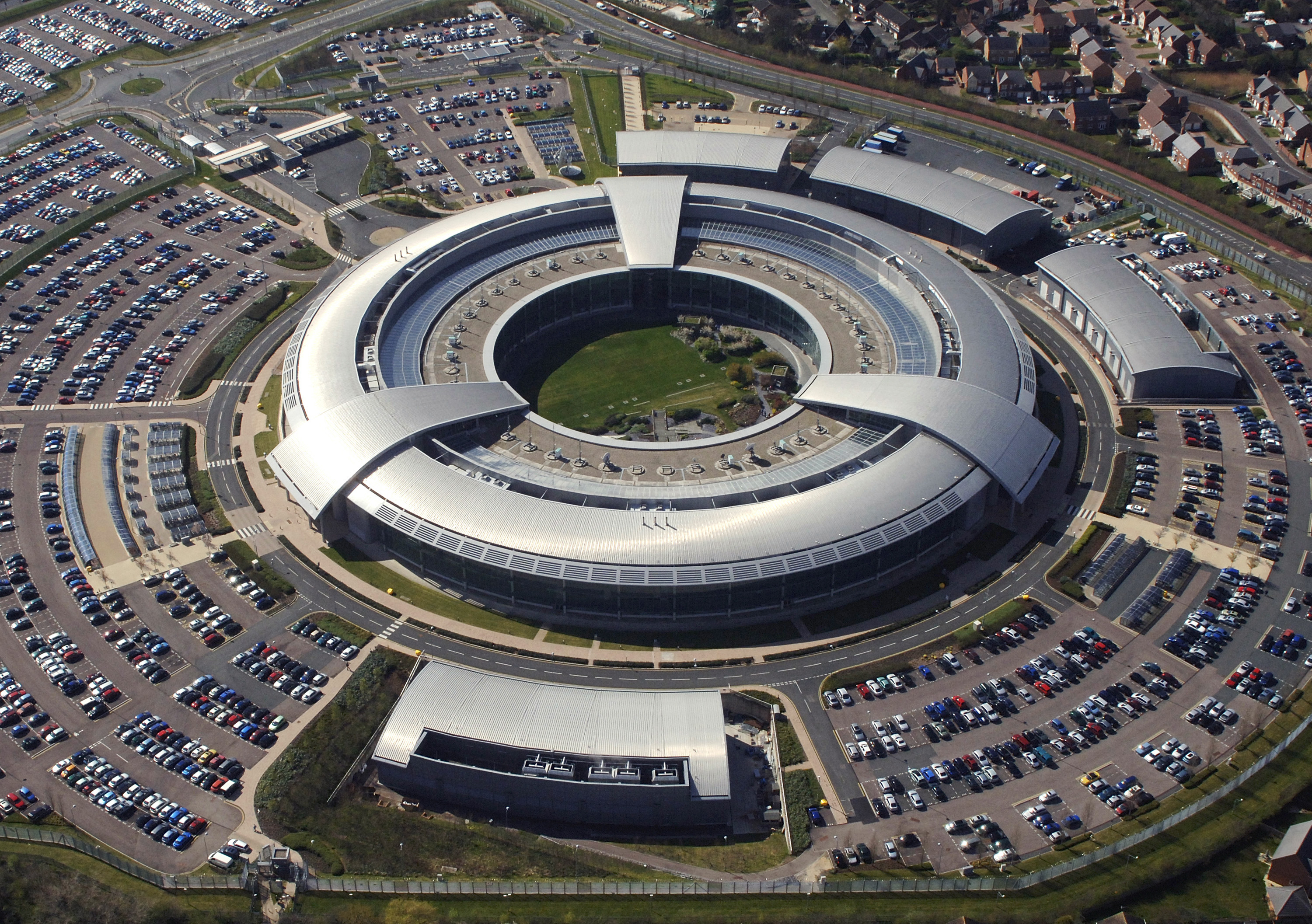

GCHQ
The government has admitted to a policy of intercepting British citizens’ Facebook, Google and Twitter data by using separate laws that apply to international communications, privacy groups have claimed.
Charles Farr, the director general of the Office for Security and Counter Terrorism, said in response to a legal challenge brought by a host of privacy bodies that in certain cases data sent to servers on foreign soil can be intercepted under the Regulation of Investigatory Powers Act 2000 (RIPA).
External communications are covered by far fewer safeguards than internal communications under RIPA, said Privacy International. An internal communication would include an email between two people within the UK, but not a message sent over social networks for which the servers are not situated in the UK.
Scooping up external data requires only a broad warrant, compared to a targeted one for internal comms.
Farr did not reveal how much the government exercises its power to collect these external communications, but privacy experts believe it does so at scale.
“It’s not an interpretation of the law the government has made public before. I have no doubt they are acting on it to undertake large-scale surveillance of UK-US Internet traffic under the Regulation of Investigatory Powers Act 2000,” Professor Ian Brown, associate director of Oxford University’s Cyber Security Centre, told TechWeekEurope.
Privacy International spokesperson Mike Rispoli said Farr’s statement showed that the UK intelligence services “are driving a truck through a loophole in RIPA to intercept the communications of British residents”.
“Never before have Government laid out their interpretations of RIPA in such clear detail. They always say that UK residents are not indiscriminately spied on, that warrants are required to collect and access their communications, and that they are protected under the law,” he added.
“The policy laid out by Farr in the witness statement spells out very clearly that this is not the case, and that British residents are deprived of the essential safeguards that would otherwise be applied to their communications.”
The Home Office said it would not comment on ongoing challenges in the Investigatory Powers Tribunal.
Whilst Farr defined this separation between internal and external communications, he said actually reading the content for either would still require extra warrants under RIPA.
Intelligence agencies have been collecting such data over Internet cables coming in and out of the country, as the Edward Snowden leaks revealed.
Following the Snowden revelations, the privacy bodies, including PI, Liberty, Amnesty International and the American Civil Liberties Union, launched their legal challenge against GCHQ’s surveillance powers.
Two Chinese retailers warn customers in America that prices will increase next week, as Trump's…
Engineer Cristina Balan wins latest round in her long-running defamation claim against Elon Musk's EV…
Nvidia to partner with TSMC, Foxconn, Wistron, Amkor and SPIL to build $500 billion (£377…
American think tank warns about possible threat to US defence, after China imposes rare earth…
China is reportedly pursuing three alleged US NSA operatives, after cyberattacks on Chinese infrastructure
Chip making giant ASML mirrors other equipment makers, and outlines financial impact of Donald Trump's…